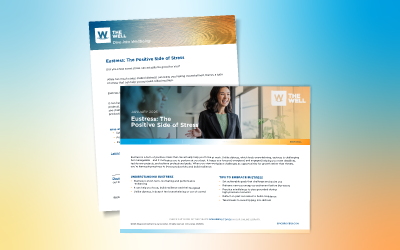Primary care physician relationships were once deemed the most sacred in the healthcare system. Long considered the gatekeeper of medical services, plan members built loyal, trusting relationships with these providers, who in turn acted as “quarterbacks” for their patients’ healthcare needs. Like a general contractor overseeing a large construction project, primary care physicians (PCPs) directed members to the appropriate specialists, prescription drugs and hospital systems – and followed up with their patients to ensure medical needs were being met. In fact, the entire health maintenance organization (HMO) model was predicated upon the referral discretion of the PCP; as have more recent iterations of this delivery model through “medical homes” and value-based relationships.
Viewpoints from Adam Okun
But, the last few years have not been kind to this relationship.
Initially, onsite and near-site clinics began offering members alternative venues to seek primary care closer to their offices. Then came the advent of telemedicine which further diverted members from their PCPs. Finally, urgent care centers proliferated, further siphoning off primary care visits.
Now Amazon has entered the space, putting more pressure on the current model for the delivery of primary care.
Amazon’s new model, just unveiled over the last few months, intends on sending nurses on-demand to the member’s house. Like home delivery of Amazon packages, if an initial telemedicine visit proves unsuccessful in resolving the patient’s issues, Amazon will be delivering clinicians to the home where they will perform routine primary care and issue prescriptions (filled, of course, by Amazon pharmacy). Similar concepts have been in operation with companies like Heal, Employ Health and SOS Doctor House Call, but the Amazon entrance is sure to shake up this market.
Many logistics still need to be worked out – including how Amazon will coordinate with the underlying medical plan, what happens when more serious services are needed and the underlying pricing structure.
But make no mistake about it, the PCP’s role as gatekeeper to the healthcare system is under intense market threat. Whether this results in overall health improvement is yet to be determined, but the evolution continuing over the coming years will certainly be interesting. Stay tuned.
EPIC offers these opinions for general information only. EPIC does not intend this material to be, nor may any person receiving this information construe or rely on this material as, tax or legal advice. The matters addressed in this article and any related discussions or correspondence should be reviewed and discussed with legal counsel prior to acting or relying on these materials.
Related Content
Products
Employee Benefits Consulting
Our dedicated benefits team is focused on delivering better outcomes – to both your benefits program and ...
Products
Wellbeing & Health Management
Our consultants help you create a strategy around health management that will impact your culture and your ...
Products
Actuarial
Our Actuarial Team provides guidance on employee benefits and health and welfare programs to help meet ...



